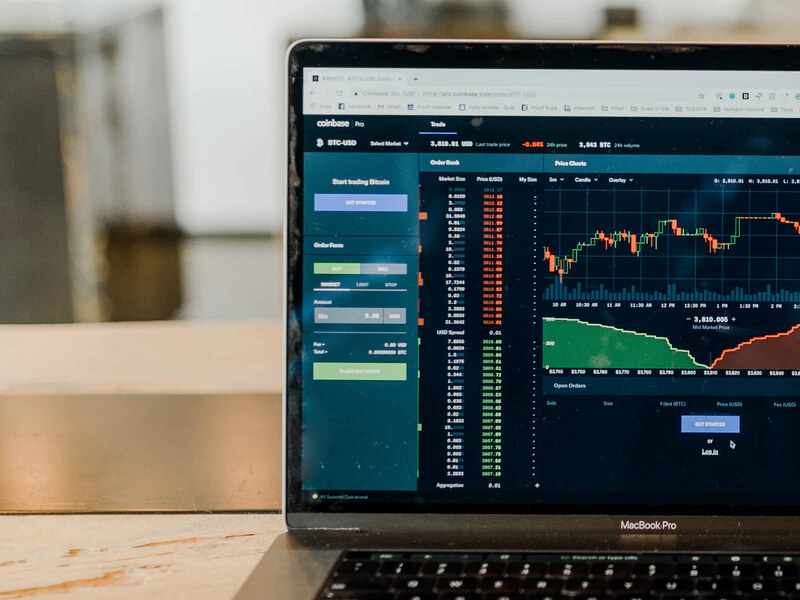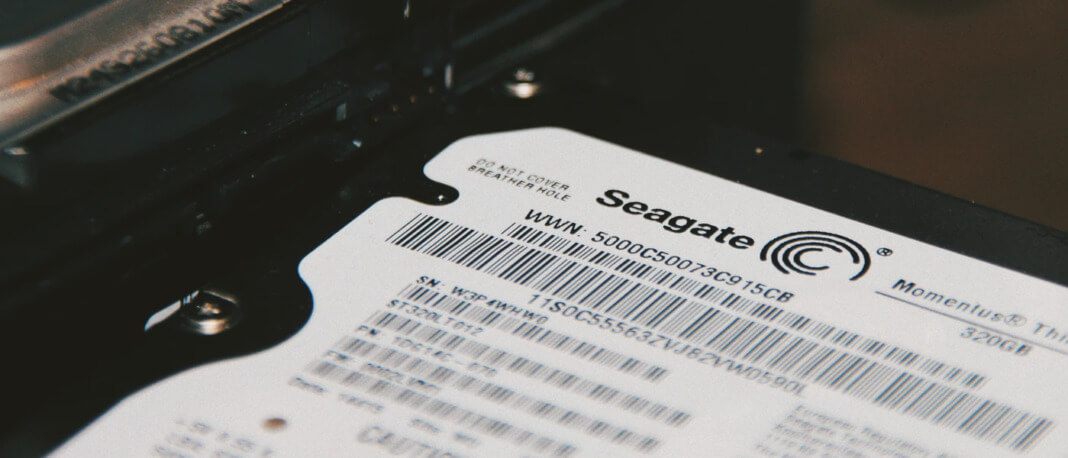In the information age, Artificial Intelligence (AI) has swiped the industry by storm with its potential to replace the lack of precision shown by the human, currently known as the “weak AI.” Businesses have also gradually adopted the new technology with hopes that they could improve and enhance their productivity by leaps and bounds. Companies are forecast to spend US$98 billion on AI worldwide in 2023 compared to US$38 billion in 2019. Can AI be the future of business?
“In our business, we talk about emerging technologies and how they impact society. We have never seen a technology move as fast as AI has to impact society and technology. This is by far the fastest-moving technology that we’ve ever tracked in terms of its impact, and we’re just getting started.”
Paul Daugherty, Chief Technology and Innovation Officer, Accenture
AI has been able to overtake the traditional model rapidly. For example, Ant Financial uses artificial intelligence and data to run an array of businesses, such as money market funds, wealth management, and credit-rating services. With the correct algorithms, they quickly surpassed its counterpart, Alipay, who took years to reach its current volume. More than 350 traditional enterprises have gradually transited into AI-driven models by building more focus on data and analytics in their organization. By adamant on using new technology, these conventional firms face the risk of being pushed out or cornered from new-age firms.
How can AI help firms?
With the correct algorithms, AI can help firms discover their advantages through process automation, improved problem solving, or quality assurance. An example such as AlphaGo, which developed a “winning strategy” that no human players can decipher. With AI, firms are able to put more emphasis on decisions that require more careful judgment. This could be an issue that requires more ethical or have an emotional factor involved, something artificial intelligence may lack.
Another point would be helping the firms to explore more options for their business progression. As AI is mainly self-taught and adapts to changes reasonably quickly, it gives the firms more time to find higher value in the long run. This could mean trying out a risky R&D project, chasing sustainability goals, or improving the loyalty within the companies. If the company fails to do so, they may face an “Innovator’s Dilemma” whereby a lack of response due to the reliance on the current business model. This may eventually put the firms at a disadvantage if they choose not to find new and better ways to improve their model.
Does AI have any threats to business?
With every opportunity, it opens another door with the risk that it should be well-calculated by end-users or firms. As firms start using algorithms to make decisions and slowly removing humans from critical thinking, it generates a new set of challenges. Consumers’ privacy and cybersecurity are few of those. As technology advances, the skills of hackers also improved. A 51% attack is the most discussed attack against the Blockchain network. When the miner’s job gets abused, they could reverse the transactions, leading to a double-spending problem. This can lead to millions of dollars lost. One example would be Krypton and Shift, two blockchains based on Ethereum, suffered 51% attacks in August 2016. In May of 2018, Bitcoin Gold, at the time the 26th-largest cryptocurrency, suffered a 51% attack.

Consumers’ privacy has also been an important issue as very private, and personal information is shared on the cloud, which indirectly can become a hot spot for hackers. They can steal information easily if network security is not strong enough. This poses a danger to the users who had shared their information.
Being too dependent on AI can also be a threat to the business. As Financial Times states in 2017, “when it comes to investing, human stupidity beats AI.” We have to take unprecedented moves against the perceived wisdom at times, accepting the risks that the judgment would be wrong. One example would be a distributed autonomous organization (DAO) that was launched on Ethereum. While facing a meltdown of the entire creation when an un-named user managed to draw off US$55 million of the money, they created a hard fork that allows investors to get their money back and for the application to continue.
So, is AI the future of business world? It seems to be as firms rapidly change their business model to fit with the trends and hopes that their companies are not the ones to fall behind this new-age technology.
“It’s about having open borders within your organization. The bigger you get, the more siloed you get. It gets very difficult because there’s always political winds blowing this way or that. But when we are talking about innovation at this scale — and it is here — it’s inevitable. Those who adopt this strategy [of collaborating and strategizing together] will win, and those who do not will lose terribly.”
John Frémont, Founder and Chief Strategy Officer, Hypergiant
In short
We are just at the beginning of a long phase of Artificial Intelligence transforming many aspects of business and society. Learn how AI is already creating value, the new markets and opportunities it is creating, paths to implementation, the organizational changes it requires, and strategies to successfully tap its potential.






